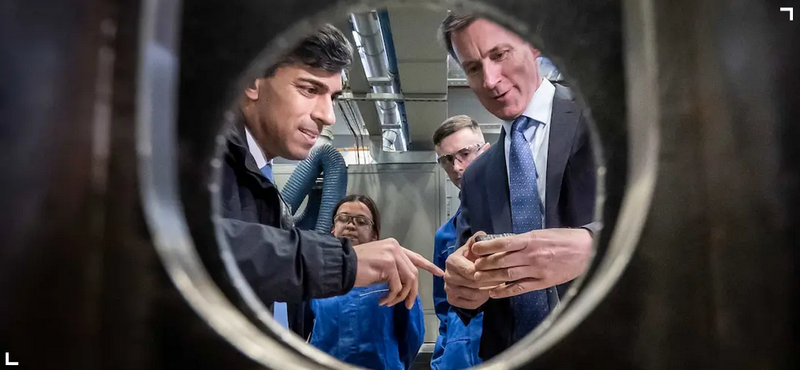Nobel Laureates Ask EU to Loosen Laws on GMOs
In a letter organized by the environmental nonprofit WePlanet and sent to EU lawmakers on Friday, over 1K leading scientists, including 34 Nobel prize winners, called on the EU to loosen restrictions on using genetically modified organisms (GMOs) in agriculture....
Facts
- In a letter organized by the environmental nonprofit WePlanet and sent to EU lawmakers on Friday, over 1K leading scientists, including 34 Nobel prize winners, called on the EU to loosen restrictions on using genetically modified organisms (GMOs) in agriculture.1
- This comes alongside a proposed EU law to relax restrictions on 'new genomic techniques' (NGTs), which reportedly edit plants' genetic makeup without using the genetics of foreign species.2
- The letter's signatories argue that it's difficult to breed yields of crops like potatoes and grapes via conventional means, which require pesticides — an issue they claim can be solved using NGTs.3
- In October, the Breakthrough Institute and the Alliance for Science reported that prohibiting the use of NGTs costs the European economy between $182B and $356B every year, which could mean more than $3.2T over a decade.4
- In 2018, the Court of Justice of the European Union ruled that GMO rules should govern genome-editing techniques. While the EU acknowledged that plants made with NGTs are GMOs, it wants to exempt them from the existing safety code that proponents argue is outdated and restrictive.1
- On Jan. 24, the European Parliament is set to vote on whether or not to relax the rules allegedly holding back the use of NGTs in Europe, particularly related to a crop breeding technology called CRISPR, which could dramatically reduce pesticide and fertilizer use in agriculture.5
Sources: 1The Guardian, 2RFI, 3WePlanet, 4Alliance for Science (a) and 5Alliance for Science (b).
Narratives
- Narrative A, as provided by Environment Co. As agriculture accounts for one-third of climate-warming emissions, it's paramount that we increase our use of GMOs. Through the use of GMOs — which is estimated by some to potentially reduce emissions by 7.5% in Europe — farmers can use less land, thus leaving more space for animals to roam or even to build solar panels to create more green energy. GMOs produce less and absorb more CO2, making it the perfect combination of agricultural productivity and climate protection.
- Narrative B, as provided by Green America. GMOs are not the solution to climate change or ending world hunger, but rather for big industrial agriculture companies to kill pesticides and boost their profits. Regarding climate change, conventional farming — conducted by smaller, family-owned farms — has proven the true champion over droughts. If we want to reduce poverty and hunger while producing climate-friendly crop yields, we should invest more in smallholder farms and steer away from GMOs.







